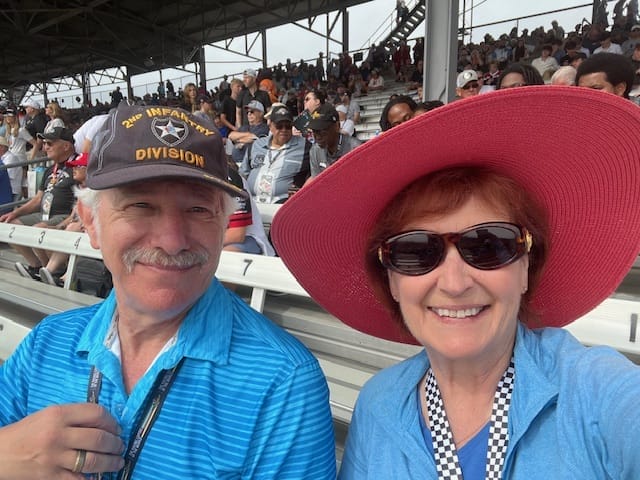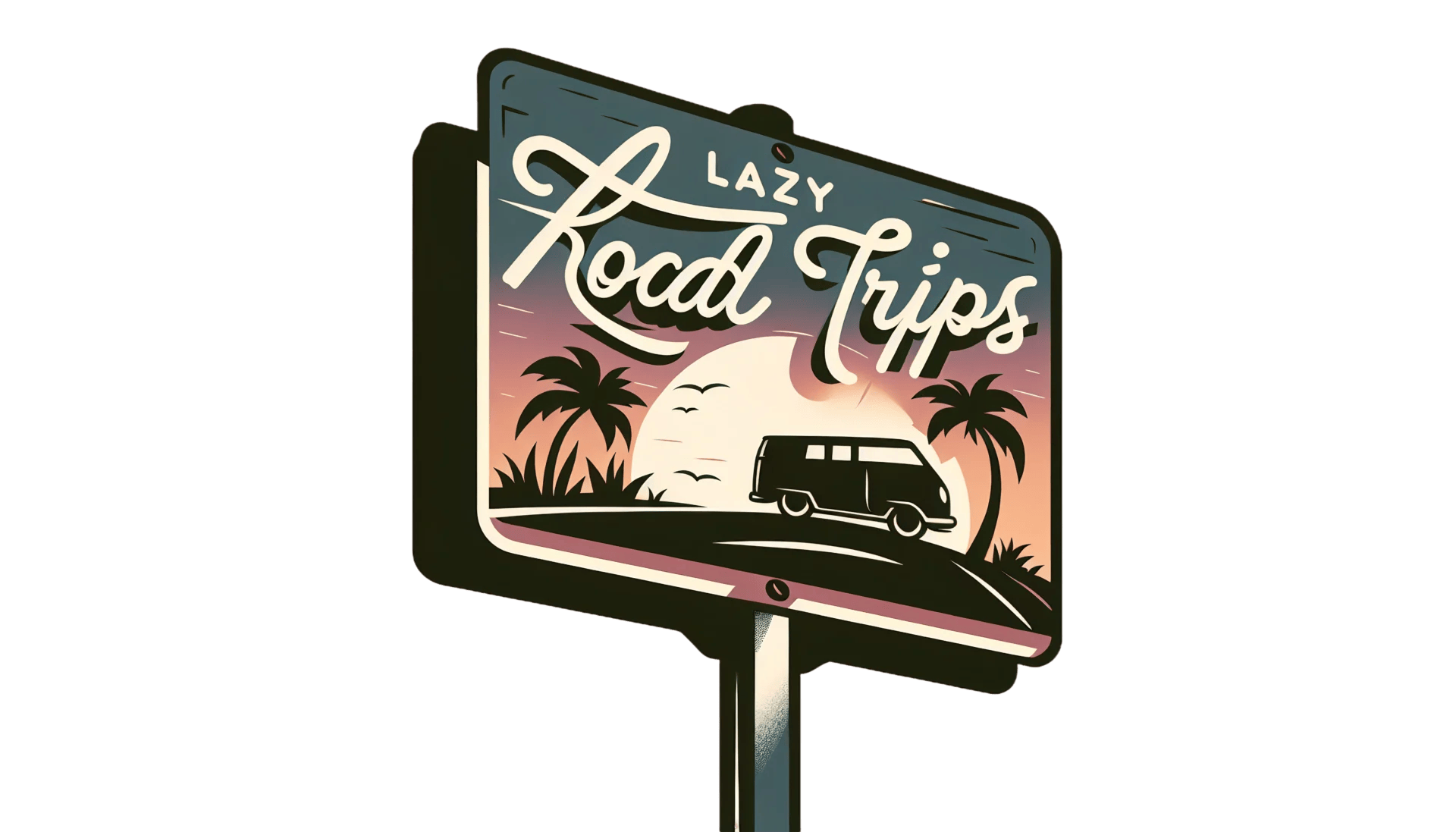San Francisco just made headlines by banning long-term RV parking within city limits. This move’s already sparking heated debates among RV dwellers, city officials, and community advocates.
The city’s new ordinance targets the surge in RVs being used as permanent homes on the streets. Officials say it’s about tackling problems like sanitation, parking congestion, and even neighborhood aesthetics.
But let’s be honest—this ban throws some big questions into the air about what happens next for people who call their RVs home. The whole thing feels like a collision of policy and real life, and it’s not easy to untangle.
Understanding the New Legislation
The San Francisco Board of Supervisors voted to ban long-term RV parking. They say it’s a response to RVs stacking up as permanent residences, especially in areas like Bayview-Hunters Point.
The ordinance now limits parking RVs on city streets to 72 hours or less. City leaders hope this will ease the negative impacts tied to long-term RV parking.
Reasons for the Ban
Several factors pushed this decision:
- Sanitation Concerns: Many RVs don’t have proper waste disposal, so you end up with sanitation problems and environmental risks.
- Parking Congestion: RVs parked for weeks or months hog spaces, making it tough for others to find parking.
- Neighborhood Aesthetics: Some folks say too many RVs lined up just makes the area look messy and out of order.
Impact on RV Dwellers
The new rules hit hard for people living in their RVs. A lot of these folks turned to RVs because they couldn’t afford traditional housing in the city.
Now, they have to look for new places to park, which isn’t exactly simple with so few RV-friendly spots around.
Challenges and Concerns
RV dwellers are staring down some tough challenges:
- Finding Alternative Parking: With these restrictions, RV owners need to move constantly. That makes it almost impossible to settle or feel secure.
- Increased Costs: All that moving around means more money spent on gas and maintenance—something most can’t really spare.
- Legal and Safety Issues: If you’re always on the move, you’re at risk for parking tickets and sometimes have to park in sketchy areas. It’s stressful and risky.
Community and Advocacy Responses
The ban’s drawn a mixed bag of reactions from community groups and advocates. Some people say it’s needed to keep things clean and orderly, while others feel it unfairly targets people already struggling.
Support for the Ban
Supporters point to a few upsides:
- Improved Sanitation: Fewer long-term RVs could mean fewer sanitation headaches and less environmental mess.
- Enhanced Parking Availability: More open spaces for everyone else to park. Simple as that, really.
- Neighborhood Improvement: Some believe cutting down on RVs will make neighborhoods look and feel better.
Opposition to the Ban
Critics aren’t buying it, though. They argue:
- Displacement of Vulnerable Populations: The ban hits people and families who rely on RVs as homes, making the housing crisis worse.
- Lack of Alternative Solutions: Instead of cracking down, why not help people find better housing options?
- Increased Hardship: Forcing constant moves just adds to the stress and financial strain for RV dwellers.
Looking Ahead: Potential Solutions
So what now? The debate’s not going away, and honestly, it’s complicated. There’s a lot to consider if we’re going to find answers that work for everyone.
Designated RV Parking Areas
One idea: set up specific RV parking areas in the city. Give folks access to basics like waste disposal, water hookups, and maybe even some security.
That way, the city can keep things organized and safe, while people living in RVs get a shot at some stability.
Increased Support for Affordable Housing
Seems obvious, but the city really does need to invest more in affordable housing. Helping people move into stable homes could ease the pressure on both RV dwellers and city streets.
Collaboration with Advocacy Groups
Working with advocacy groups and community organizations could actually move the needle. If everyone sits down together—officials, advocates, and people living in RVs—maybe they’ll find solutions that aren’t just band-aids.
Conclusion
The ban on long-term RV parking in San Francisco really shows how tricky urban life can get. The city wants to fix issues like sanitation, crowded streets, and how neighborhoods look.
But there’s a tough side to this—some people call their RVs home, and this ban makes things even harder for them. I can’t help but wonder: is there a way to balance public order with a bit more compassion?
There’s a lot more to unpack here, honestly. If you’re curious, you can dig deeper by reading the full article on San Francisco’s RV parking ban.

